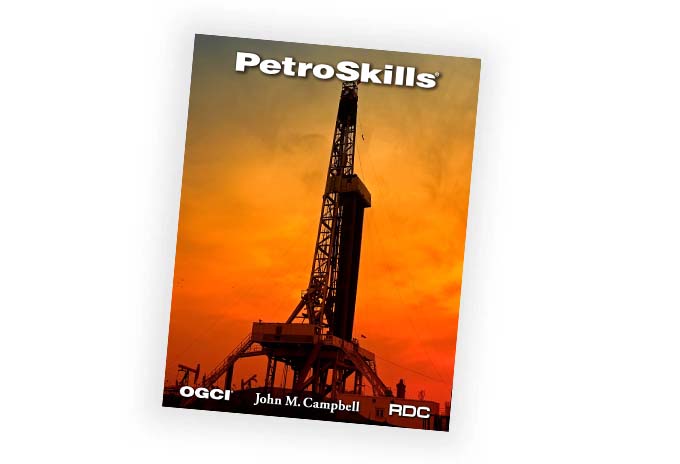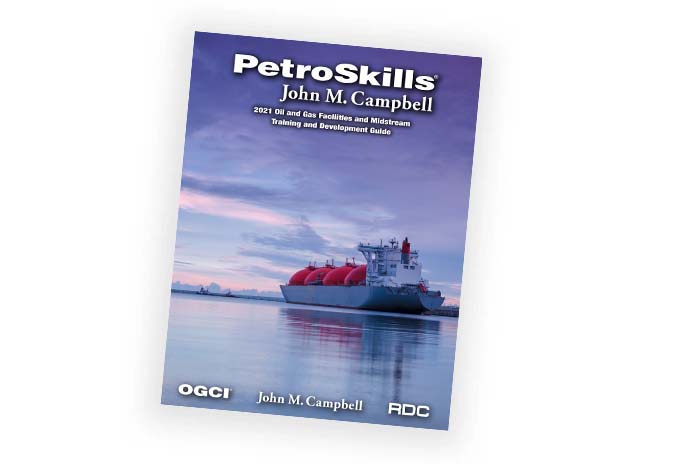Monte Carlo Simulation and Distributions Fundamentals
e-Learning
About the eLearning Course
Quality technical and business decisions require competent analyses of costs, benefits, and risks. This eLearning course provides an in-depth exploration of probability distributions, correlation analysis, and Monte Carlo simulation (MCS) techniques. You will learn a decision analysis process and foundation concepts so you can actively participate in multi-discipline evaluation teams. The focus is on designing and solving decision models, and the emphasis is on practical techniques for immediate application.
See example online learning module
Target Audience
Geologists, engineers, geophysicists, managers, team leaders, economists, and planners.
You Will Learn
- Identify and exemplify four discrete (e.g., Binomial, Poisson) and four continuous (e.g., Normal, Exponential) probability distributions
- Understand and apply the correlation coefficient formula, illustrated with three practical examples
- Master the Monte Carlo method, including generating conditional probabilities from field data or MCS recordsets
- Learn statistical MCS stopping rules and the efficiency improvements using Latin hypercube sampling
- Compare and contrast payoff tables, decision trees, and MCS, highlighting their respective strengths and weaknesses
- Optimize decision-making using MCS
- Conduct sensitivity analysis using two distinct methods
- Calculate and interpret deterministic and stochastic variances from model summaries




